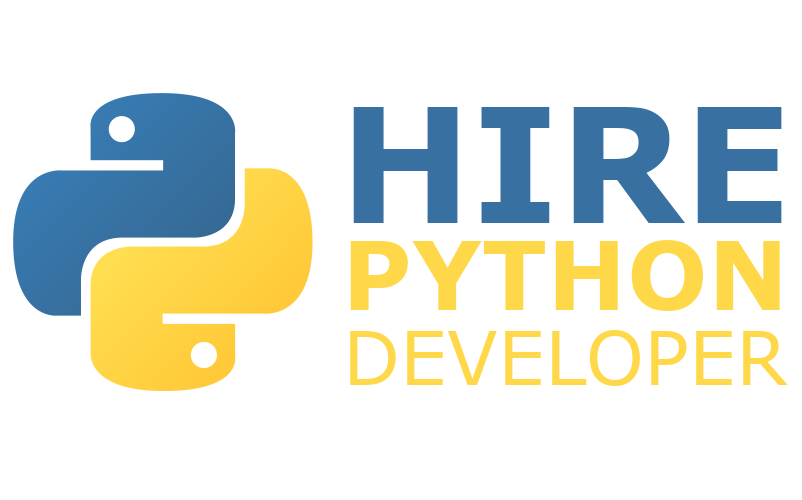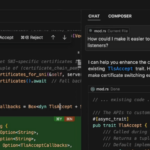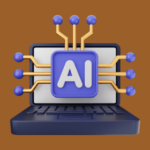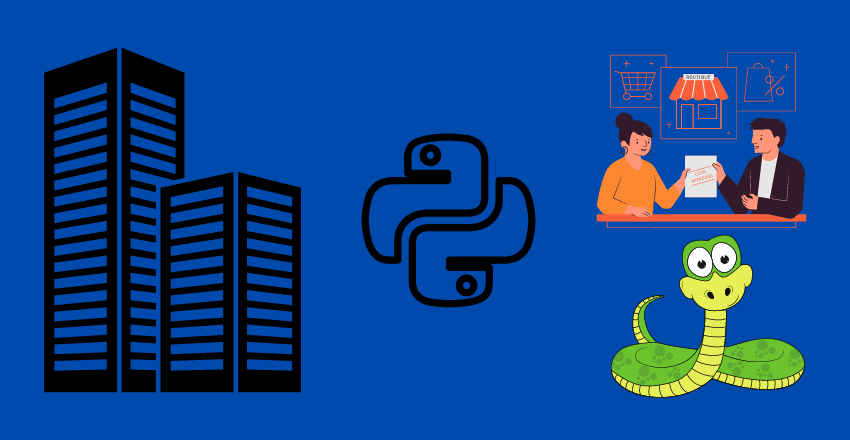
What businesses use python? From tech giants to startups, Python’s versatility powers diverse industries globally.
Let’s take a journey, traversing through time, and explore the question: What businesses use Python? Python, a high-level programming language, didn’t just become popular overnight. This story unfolds over several years, marked by the adoption of Python by many businesses, startups and tech giants alike.
Python’s Emergence and Its Initial Adoption
Python first appeared in 1991, developed by Guido van Rossum. Its simplicity, readability, and broad applicability made it a favorite among programmers. Early on, Google saw the language’s potential. Google started using Python during its formative years, notably for many of its search algorithms. This early adoption by such a significant player underscored Python’s potential and marked a crucial point in its journey.
Key Takeaway: Google’s early adoption of Python bolstered its credibility and showcased its potential in handling complex tasks efficiently.
Python: A Business Favorite. Why?
Python is favored for its simplicity, versatility, and robust community support. Its wide array of libraries and frameworks enables it to handle diverse tasks efficiently, making it an attractive option for businesses.
Python’s Industry-Wide Application
Python’s use isn’t confined to tech companies. It’s used across industries for various applications – from automating tasks in logistics, analyzing data in healthcare, to powering AI algorithms in finance.
Python’s Growing Influence in the Tech Industry
As time passed, Python became more entrenched in the tech world. More companies started noticing its flexibility and robustness. YouTube, purchased by Google in 2006, is a notable early example. They selected Python to handle their enormous scale and complexity, which demonstrated Python’s ability to maintain efficiency under high demand.
Pro Tip: Python’s scalability makes it an ideal choice for businesses dealing with large volumes of data or complex operations.
By 2013, Python found its way into space exploration. NASA started using Python for their equipment and data analysis tasks. This helped them streamline their operations while ensuring accurate results.
Key Takeaway: Python’s versatility is demonstrated by NASA’s use of the language for varied tasks, from equipment control to data analysis.
Python’s Role in Streaming Services: The Netflix Story
Fast forward to the present day, Python has made its way into our homes, thanks to streaming services like Netflix. Python powers many of Netflix’s core services, from handling security protocols to optimizing content delivery.
Pro Tip: Python’s wide-ranging libraries and frameworks, like Django, make it an excellent choice for building web applications.
Popular Companies Utilizing Python
Python has found its way into a multitude of businesses, notably tech giants like Google, Netflix, and Facebook. Instagram, a social media mammoth, relies on Python to handle its user traffic and data management tasks.
Decade’s Ten Python Adopters
Highlighting a few from the vast list: Google, Netflix, Instagram, YouTube, Dropbox, Reddit, Quora, Spotify, Uber, and even NASA have reaped benefits from Python.
Python’s Adoption Statistics
According to Statistics in 2022, approximately 49.43% of organizations worldwide used Python in their tech stack. This encompasses businesses of all sizes and sectors.
Python’s Place in Today’s Business Landscape
Presently, Python’s use extends to countless industries and companies of all sizes. Social media giants like Instagram, ride-hailing services like Uber, and even fintech companies like Venmo, all utilize Python.
According to a 2021 JetBrains survey, Python is used by approximately 69% of organizations, highlighting its widespread acceptance. From startups to tech giants, many consider Python a key part of their tech stack.
Key Takeaway: Python’s widespread usage across various industries underscores its versatility and efficiency.
Python’s Role in Data Science and Machine Learning
Python has become the language of choice in the field of data science and machine learning. It offers a host of libraries such as NumPy, Pandas, and Scikit-learn, making data analysis, manipulation, and visualization simpler. Businesses like Twitter and Airbnb use Python extensively for their data analysis needs.
Python’s Contribution to Cybersecurity
With the increase in cyber threats, Python’s role in cybersecurity has become vital. Python’s ability to automate tasks, coupled with its simple syntax, allows for effective detection and neutralization of security threats. Companies like Cisco use Python for various cybersecurity tasks, including penetration testing and network scanning.
Python and Cloud Infrastructure
Python’s role in managing and automating cloud infrastructure is also noteworthy. Python’s boto3 library allows for easy interfacing with Amazon Web Services (AWS), one of the leading cloud service providers. This has led to widespread adoption of Python in DevOps roles, with companies like Reddit using Python to manage their cloud infrastructure.
Python’s Place in Scientific Computing
Python’s role isn’t limited to web development or data science. It has also made a mark in the field of scientific computing. Libraries like SciPy and Matplotlib allow for complex scientific calculations and visualizations. Organizations like CERN and NASA use Python for processing and visualizing large amounts of scientific data.
Python’s Role in Automation
Python has been a driving force in the field of automation. With libraries like Selenium for web-based automation and PyAutoGUI for automating keyboard and mouse inputs, Python has made process automation accessible to businesses of all sizes. Companies like HCL and Infosys use Python to automate repetitive tasks and processes.
Python’s Impact on Test Automation
In the realm of software testing, Python’s simplicity and ease of use make it an ideal choice for automating test cases. Libraries like PyTest and Robot Framework allow for efficient test management and execution. Tech giants like Microsoft and IBM use Python for their test automation needs.
Python in Game Development
Python also has a place in game development. While not as popular as C# or Java in this field, Python is often used for rapid prototyping of games. Libraries like Pygame provide the necessary tools for developing simple games. Companies like CCP Games have used Python for developing parts of their massively multiplayer online game (MMO), EVE Online.
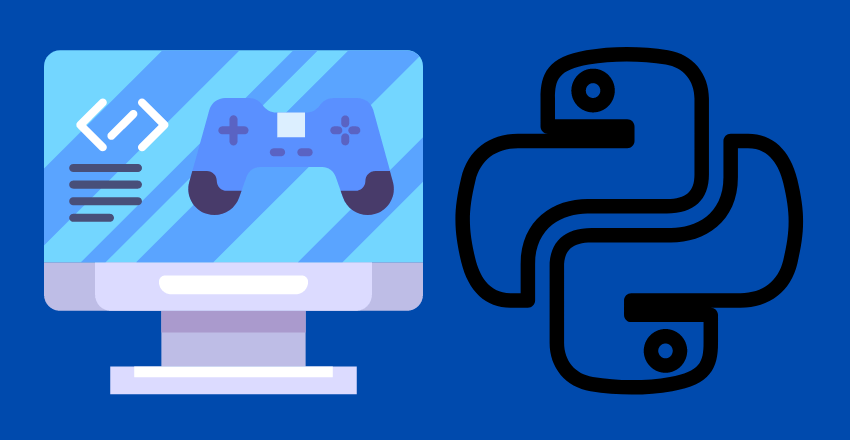
Python’s Growing Role in Finance
Python’s ability to handle large datasets and perform complex calculations quickly has made it popular in the finance industry. Financial institutions use Python for tasks like quantitative analysis, risk assessment, and algorithmic trading. Banks like JPMorgan and Citigroup have integrated Python into their workflow for these tasks.
Python in Hardware Development and Prototyping
Python’s simplicity and robustness make it an excellent choice for hardware development and prototyping. Raspberry Pi, a series of small single-board computers, uses Python as its main programming language. Python’s GPIO library allows for easy interaction with the physical components, thus making it an essential tool for developing Internet of Things (IoT) applications.
Python and Natural Language Processing
Python’s powerful Natural Language Processing (NLP) libraries, such as NLTK and SpaCy, provide tools for human language data analysis. Companies like Duolingo and Grammarly leverage these libraries to create intuitive language learning and grammar correction applications.
Python in GIS and Remote Sensing
Python’s role in Geographical Information Systems (GIS) and remote sensing is another testament to its versatility. Libraries like Geopandas and Rasterio enable geospatial analysis, making Python a preferred choice in organizations like ESRI, a global leader in GIS.
Python and Blockchain
Python’s role in blockchain development is also noteworthy. Libraries like PyCryptodome and web3.py enable Python developers to create secure blockchain applications. Companies such as IBM and CoinBase leverage Python for blockchain development and cryptocurrency transaction systems.
Python in Robotics

Python has a significant role in the field of robotics. Libraries like ROSPy (Robot Operating System Python library) allow for easy and efficient robot programming. Companies like Boston Dynamics use Python for programming their advanced robotic systems.
Python in Bioinformatics
In the field of bioinformatics, Python is used to perform complex biological computations and analyses. Libraries like Biopython provide tools for bioinformatics programming, making Python a go-to language for organizations like the European Bioinformatics Institute.
Python and Big Data
Python is also a significant player in handling big data. Libraries like PySpark allow Python developers to interface with Apache Spark, a powerful big data processing engine. Big data companies like Cloudera and Hortonworks use Python for big data processing and analysis.
Python’s Influence in E-commerce
Python’s Django framework, coupled with libraries like Oscar, provides robust tools for building e-commerce platforms. Companies like Eventbrite and Prezi use Python for managing their e-commerce systems.
Python’s Future: Quantum Computing
Python’s influence extends to the burgeoning field of quantum computing. Libraries like Qiskit enable interaction with quantum computers, and companies like IBM and Google are using Python to develop their quantum computing technologies.
Python’s Future in Business
Looking ahead, Python’s future in business appears bright. Its versatility, along with a strong community and continued development, mean Python will continue to be a popular choice.
Pros and Cons of Python in Business
Like any technology, Python comes with its strengths and weaknesses. On one hand, its readability, scalability, and versatility make it an attractive option. On the other, its slower execution speed and issues with mobile computing can be drawbacks for certain applications.
Pro Tip: Assess Python’s suitability for your business based on your specific needs and constraints.
Wrapping Up: Python’s Place in Business
So, what businesses use Python? From Google’s early adoption, NASA’s space exploration, to Netflix’s content delivery, Python has proved its worth. Its adoption across various industries and its ability to solve complex problems effectively make it a popular choice. Whether you’re a startup or an established player, Python has something to offer.
Matthew is a technical author with a passion for software development and a deep expertise in Python. With over 20 years of experience in the field, he has honed his skills as a software development manager at prominent companies such as eBay, Zappier, and GE Capital, where he led complex software projects to successful completion.
Matthew’s deep fascination with Python began two decades ago, and he has been at the forefront of its development ever since. His experience with the language has allowed him to develop a keen understanding of its inner workings, and he has become an expert at leveraging its unique features to build elegant and efficient software solutions.
Matthew’s academic background is rooted in the esteemed halls of Columbia University, where he pursued a Master’s degree in Computer Science.
As a technical author, Matthew is committed to sharing his knowledge with others and helping to advance the field of computer science. His contributions to the scientific computer science community are invaluable, and his expertise in Python development has made him a sought-after speaker and thought leader in the field.
